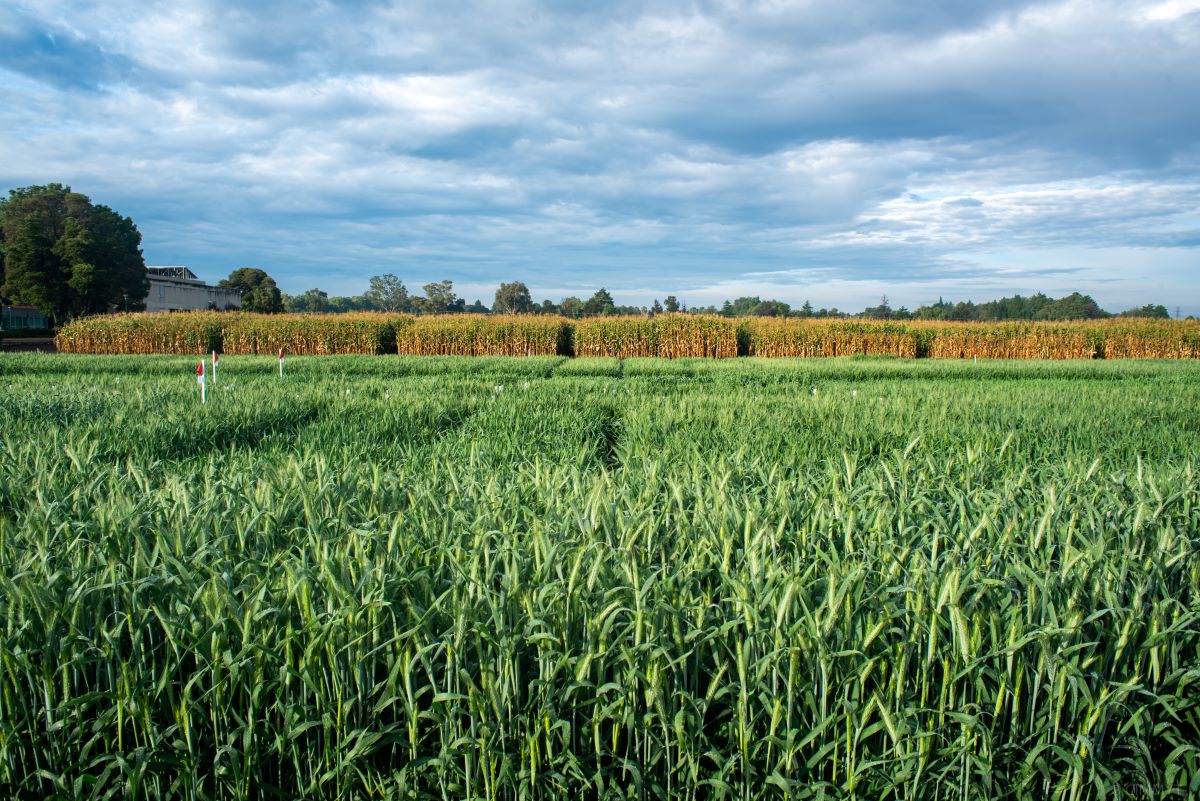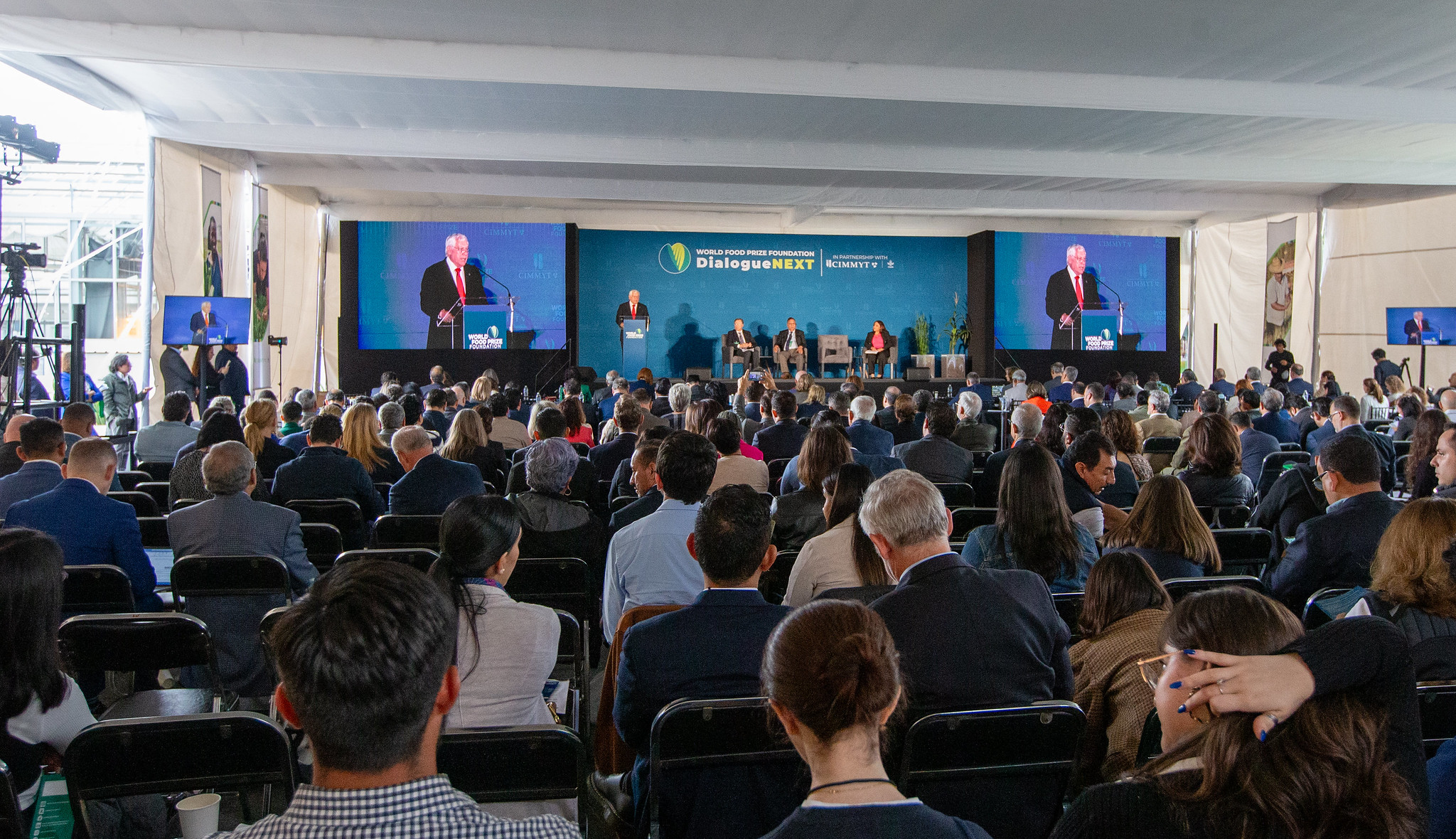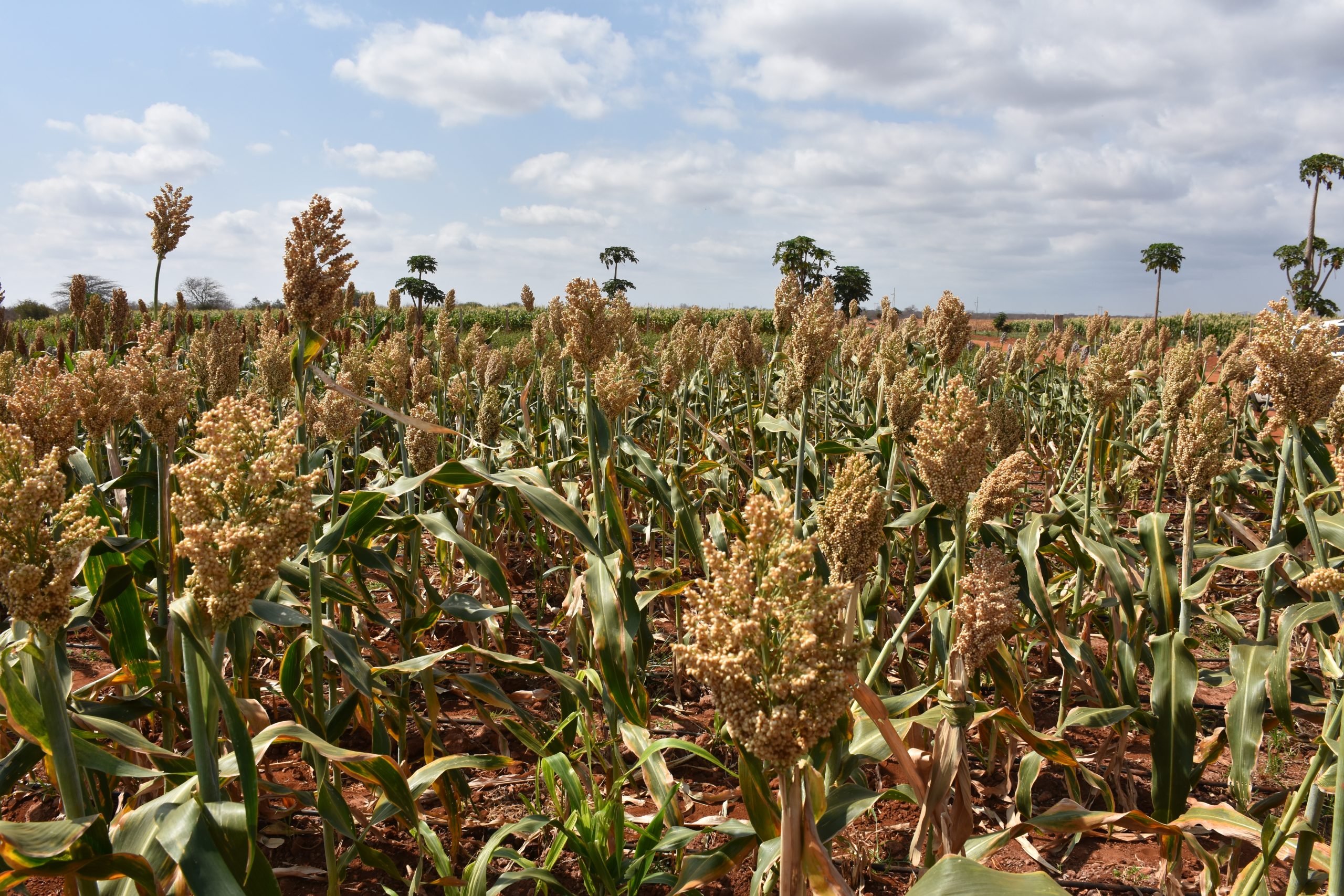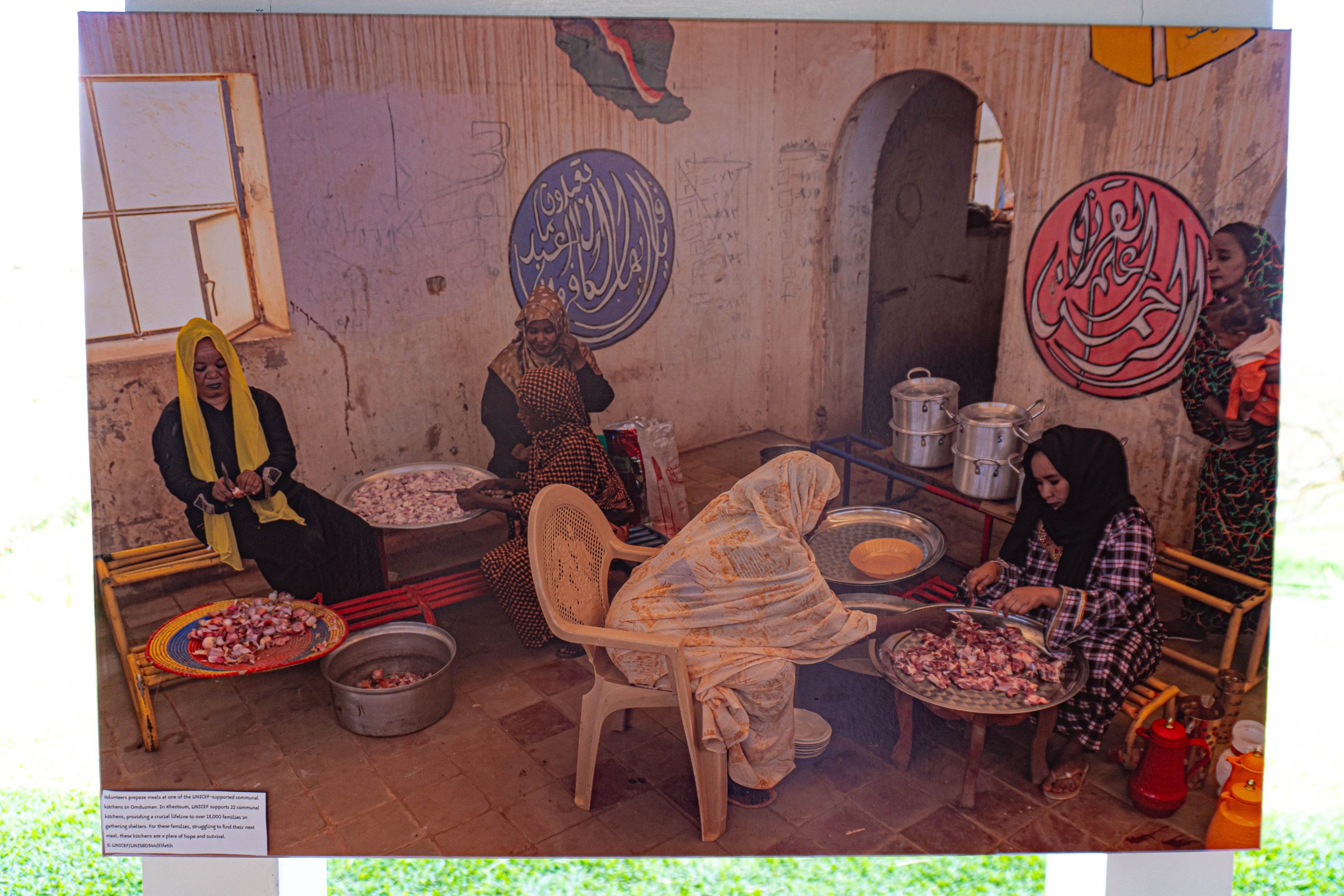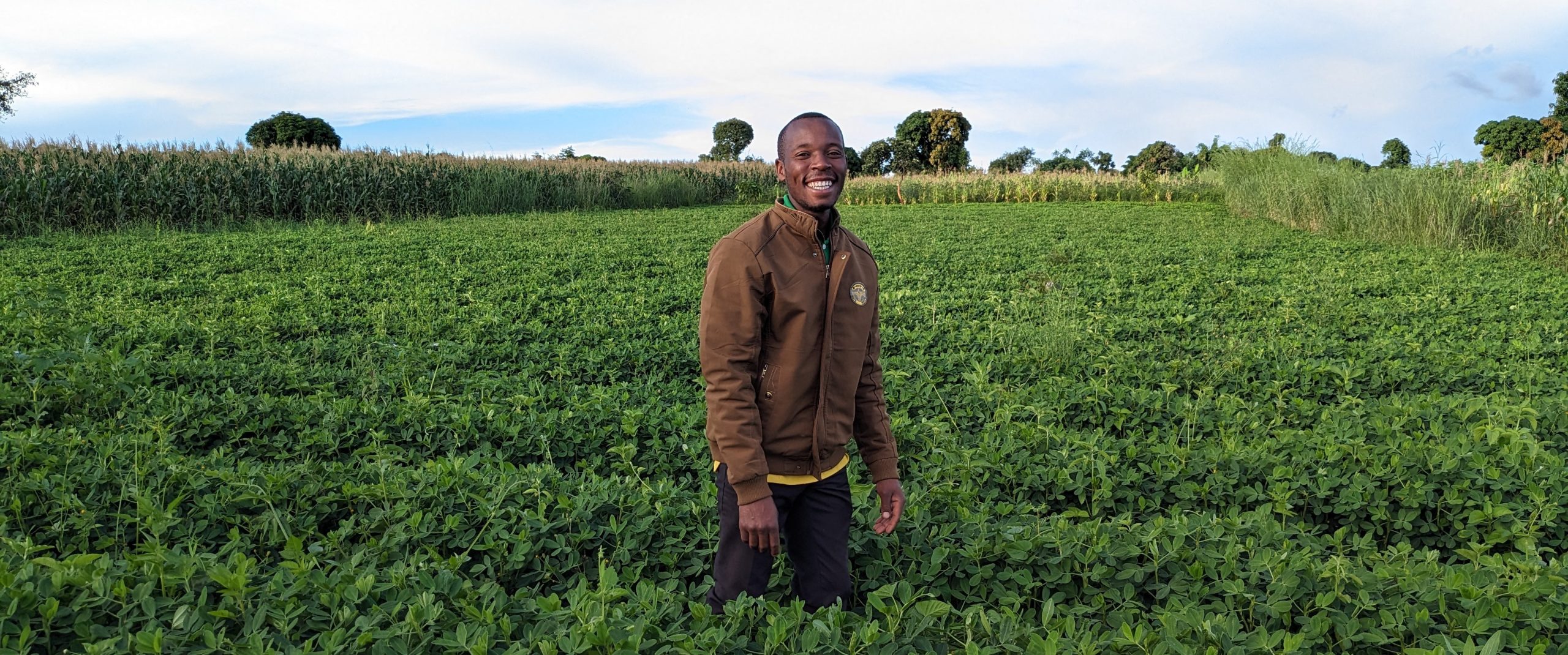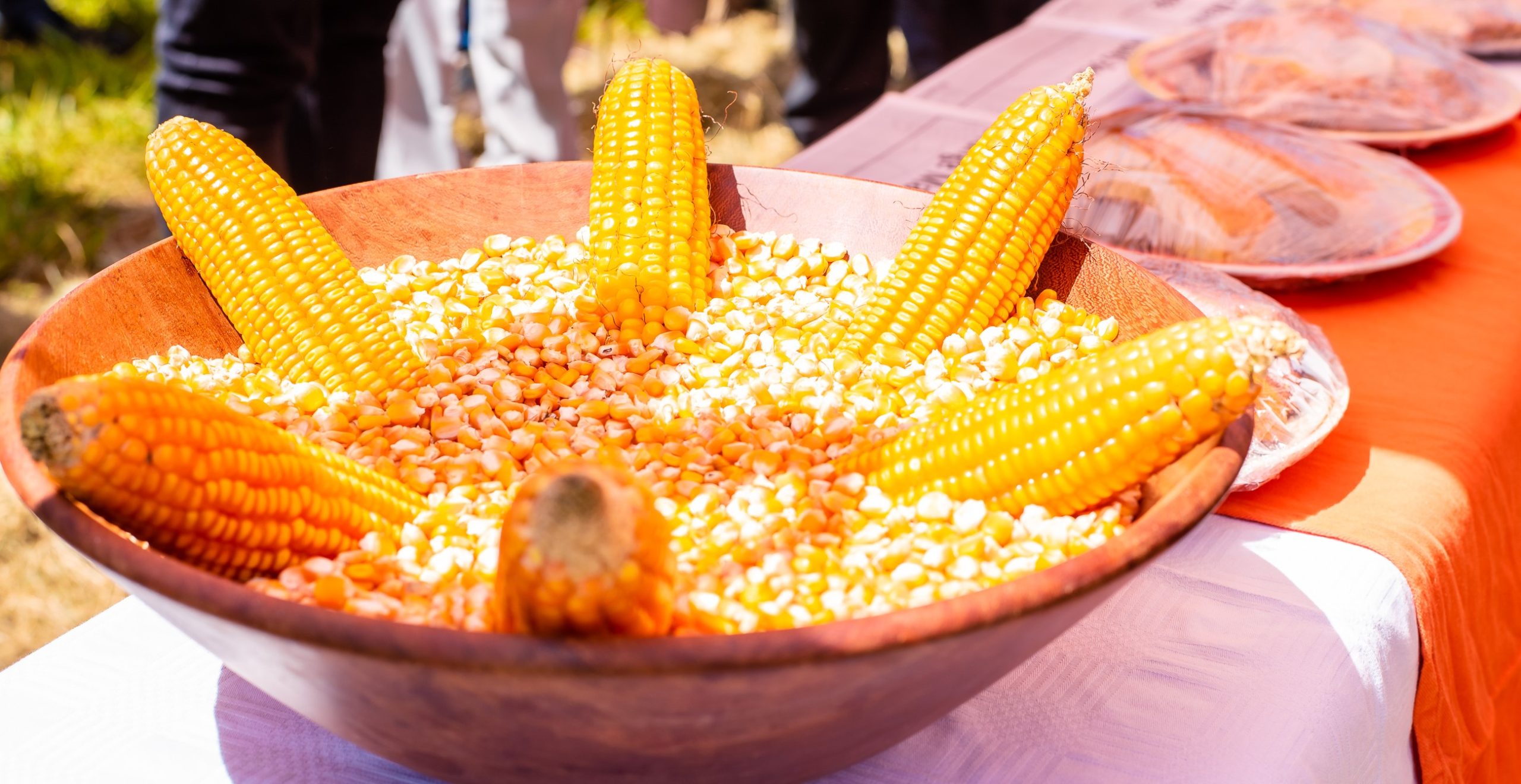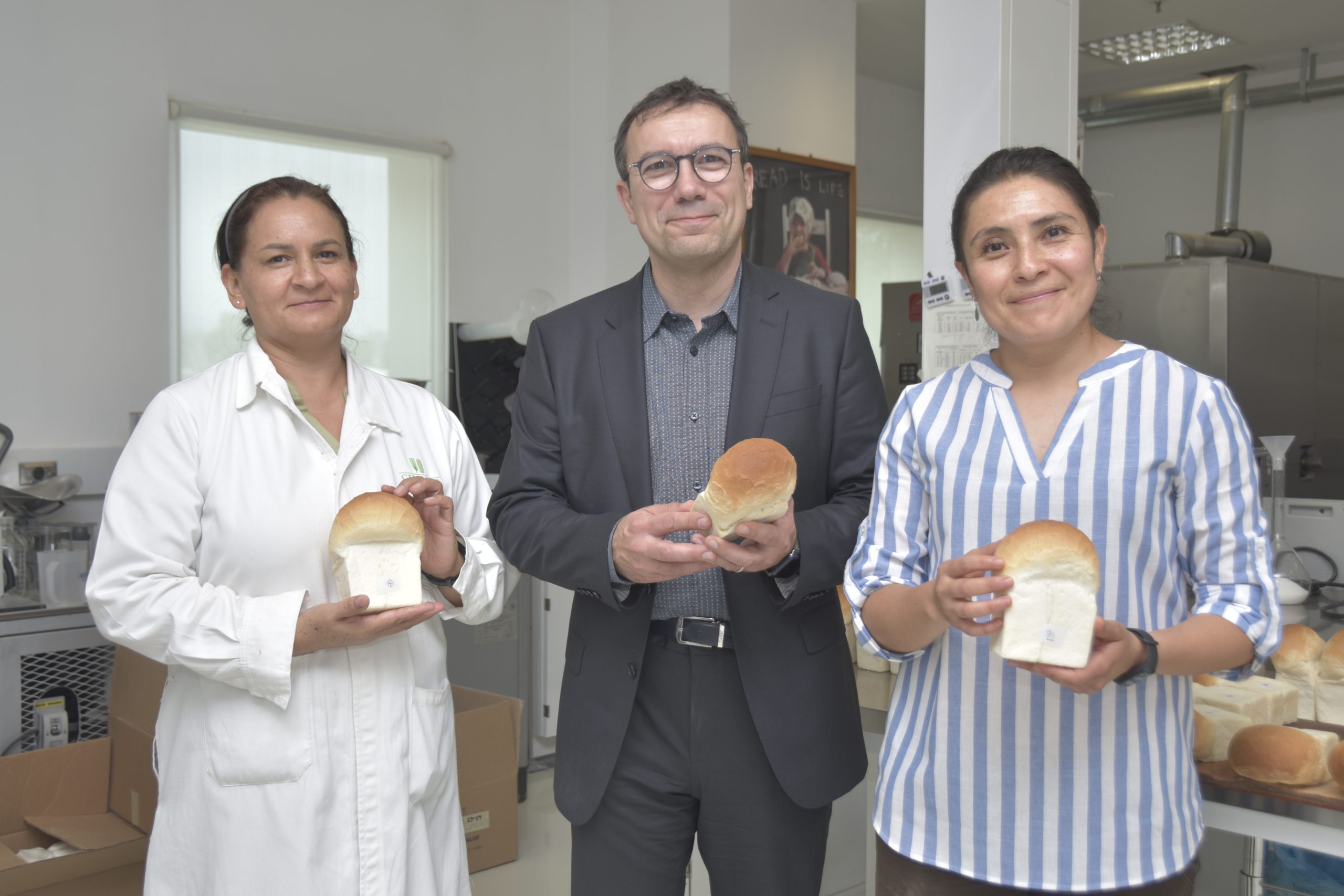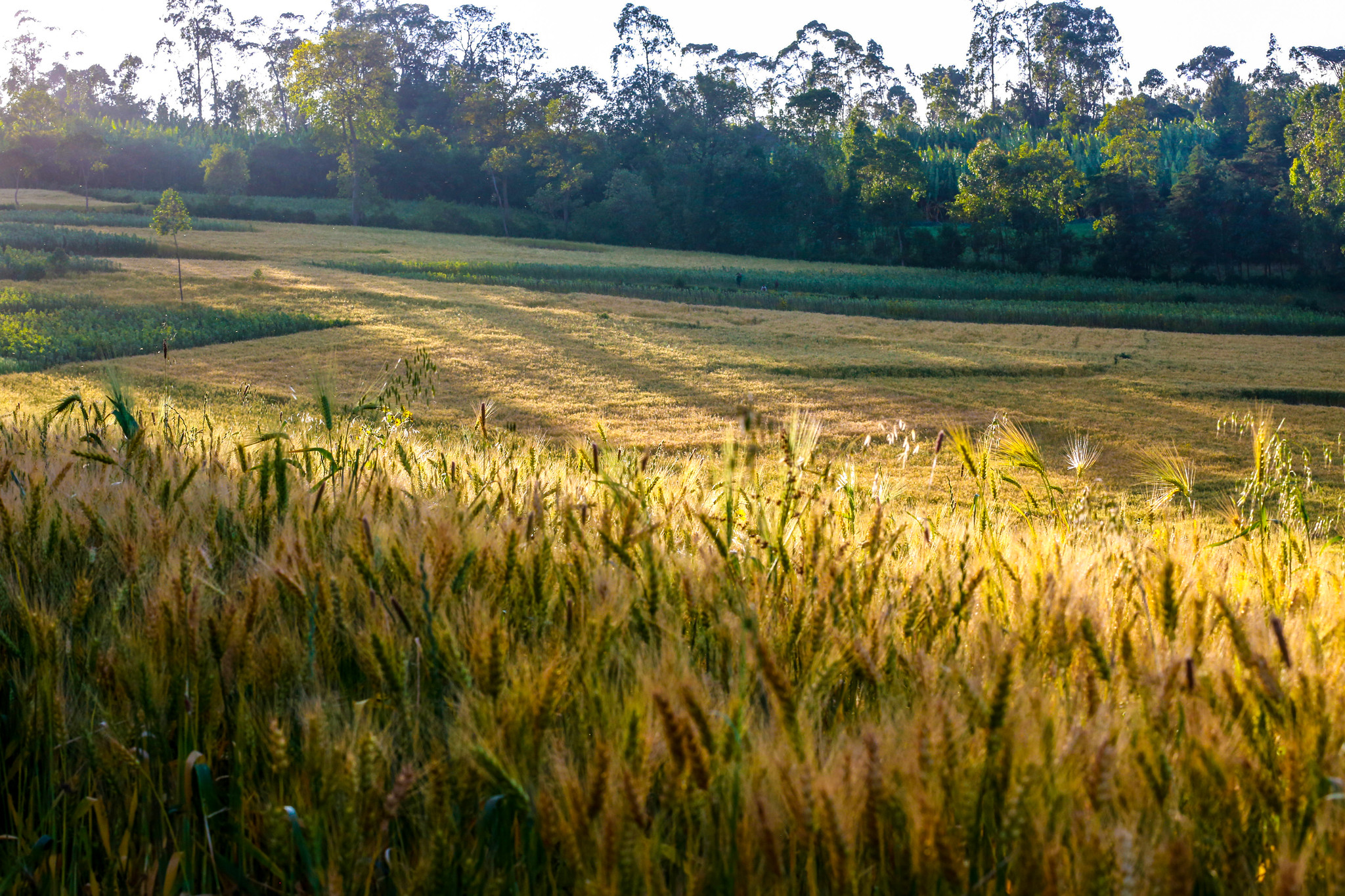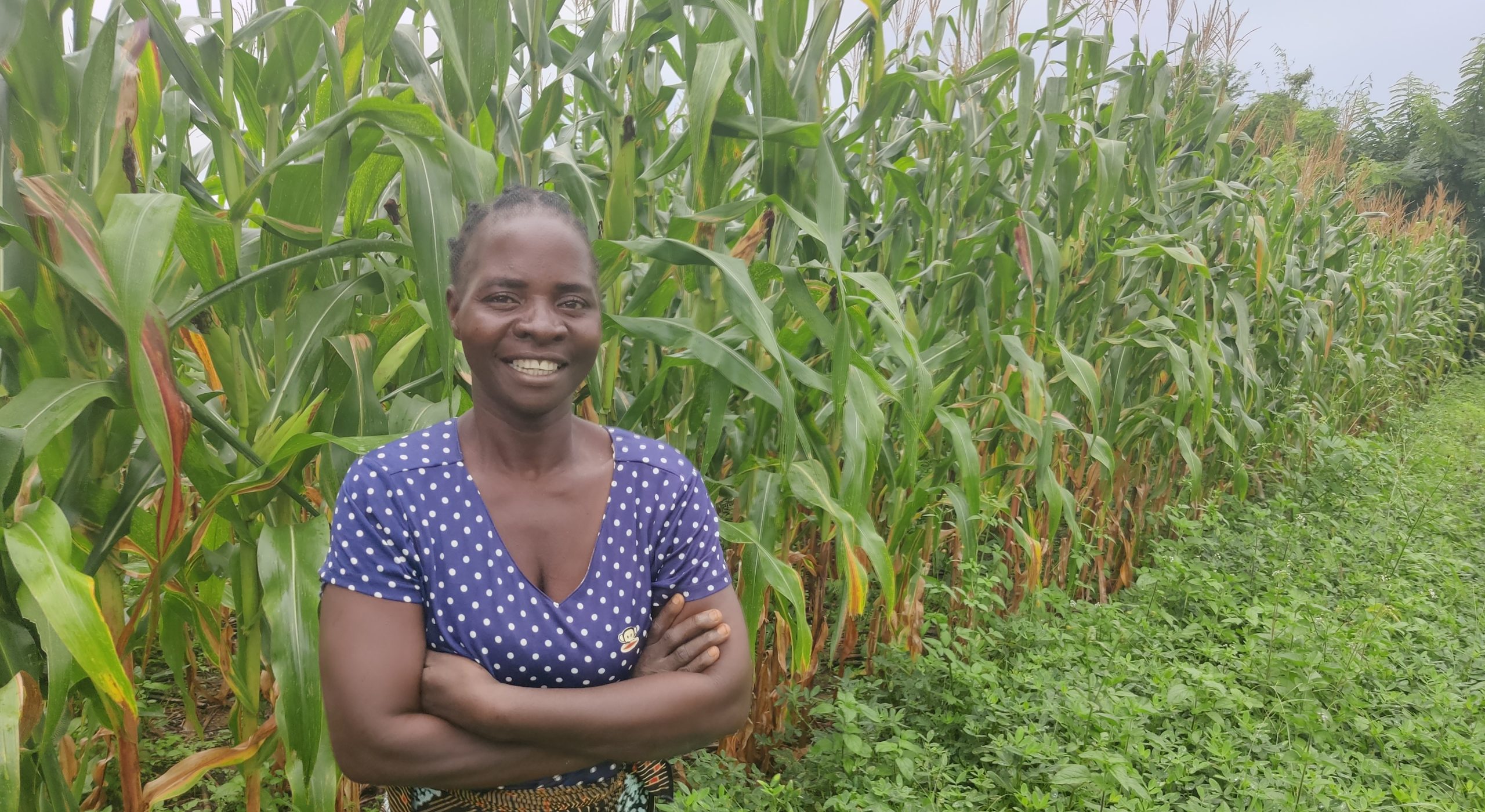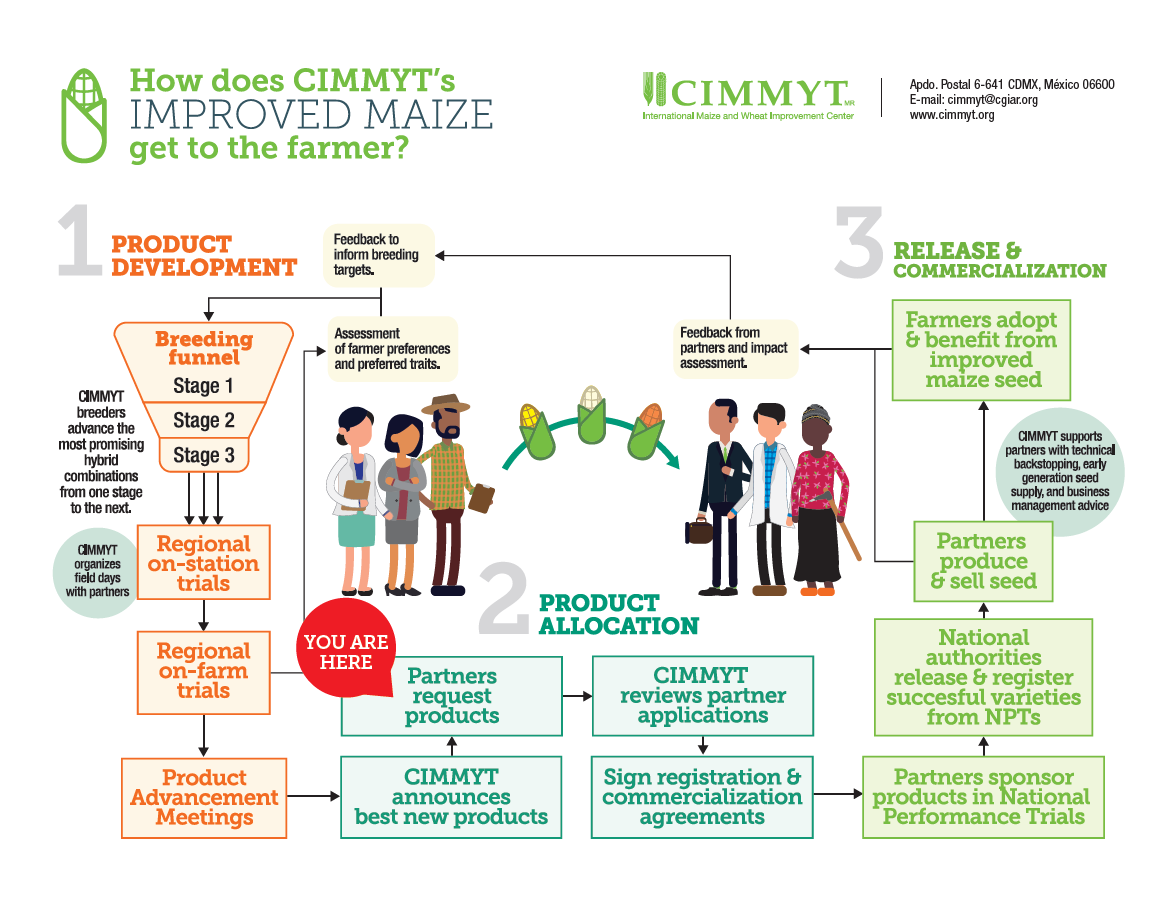Nutrition, health and food security
As staple foods, maize and wheat provide vital nutrients and health benefits, making up close to two-thirds of the world’s food energy intake, and contributing 55 to 70 percent of the total calories in the diets of people living in developing countries, according to the U.N. Food and Agriculture Organization. CIMMYT scientists tackle food insecurity through improved nutrient-rich, high-yielding varieties and sustainable agronomic practices, ensuring that those who most depend on agriculture have enough to make a living and feed their families. The U.N. projects that the global population will increase to more than 9 billion people by 2050, which means that the successes and failures of wheat and maize farmers will continue to have a crucial impact on food security. Findings by the Intergovernmental Panel on Climate Change, which show heat waves could occur more often and mean global surface temperatures could rise by up to 5 degrees Celsius throughout the century, indicate that increasing yield alone will be insufficient to meet future demand for food.
Achieving widespread food and nutritional security for the world’s poorest people is more complex than simply boosting production. Biofortification of maize and wheat helps increase the vitamins and minerals in these key crops. CIMMYT helps families grow and eat provitamin A enriched maize, zinc-enhanced maize and wheat varieties, and quality protein maize. CIMMYT also works on improving food health and safety, by reducing mycotoxin levels in the global food chain. Mycotoxins are produced by fungi that colonize in food crops, and cause health problems or even death in humans or animals. Worldwide, CIMMYT helps train food processors to reduce fungal contamination in maize, and promotes affordable technologies and training to detect mycotoxins and reduce exposure.
Melinda Smale: Exploring the Economic Value of Crop Diversity Conservation
 Environmental health and biodiversity
Environmental health and biodiversity
Source: Dailyhunt ()
Melinda Smale’s collaboration with CIMMYT has significantly advanced the understanding of crop diversity conservation, directly contributing to global agricultural sustainability and food security
Ancient Wild Relatives Hold Key to Climate-Proofing Global Wheat Supply
 Climate adaptation and mitigation
Climate adaptation and mitigation
Ancient wild relatives of wheat may hold the key to climate-proofing global food security by providing essential genetic traits for adapting wheat to the growing challenges of climate change, according to new research from CIMMYT
Enhancing the resilience of our farmers and our food systems: global collaboration at DialogueNEXT
 Capacity development
Capacity development
CIMMYT and the World Food Prize Foundation co-organized DialogueNEXT—Seeds of strength: Nurturing farmer resilience, held at CIMMYT headquarters in Mexico from 10 to 11 July 2024. The event brought together scientists, agribusiness leaders, farmers, and policymakers from over 200 organizations and 55 nations, to help shape global collaboration and strategies for sustainably producing nutritious food for all, within planetary boundaries.
Launch of a new Global Partnership for the Vision for Adapted Crops and Soils initiative
 Capacity development
Capacity development
FAO and CIMMYT team up to boost traditional nutrient-rich, climate-resilient crops and healthy soils to enhance diet quality for today and tomorrow.
Transforming agricultural systems in Mozambique
 Gender equality, youth and social inclusion
Gender equality, youth and social inclusion
The Transformative Dryland Crops Project hopes for greater food security and increased income in northern Mozambique.
CIMMYT calls for direct agricultural investment to address Sudan’s food crisis
 Climate adaptation and mitigation
Climate adaptation and mitigation
CIMMYT proposes actions to respond to the deteriorating food crisis catalyzed by the ongoing civil war in Sudan.
Specialist centers empower women and youth farmers
 Capacity development
Capacity development
Targeted support for underrepresented groups of farmers is increasing crop variety, agronomic skills, household income, and food production in Tanzania’s Songwe region.
Cultivating healthier communities with provitamin A maize varieties
 Nutrition, health and food security
Nutrition, health and food security
A CIMMYT-led study highlights how provitamin A maize could make a real difference in vitamin A intake of smallholder farmers in rural areas of Zimbabwe.
Over 5,000 Busia farmers to benefit from Kalro certified millet seed
 Nutrition, health and food security
Nutrition, health and food security
Source: The Star ()
New CGIAR Deputy Executive Managing Director warmly welcomed at CIMMYT
 Innovations
Innovations
Last week, CIMMYT welcomed Guillaume Grosso, CGIAR’s new deputy executive managing director, to its headquarters in Texcoco, Mexico.
Malawi faces a food crisis: why plans to avert hunger aren’t realistic and what can be done
 Nutrition, health and food security
Nutrition, health and food security
Source: EconoTimes ()
CIMMYT experts, including Mazvita Chiduwa, stress that importing food is the only solution to prevent hunger in Malawi due to severe drought.
New innovative crops could significantly reduce agriculture’s climate change impact and environmental footprint
 Climate adaptation and mitigation
Climate adaptation and mitigation
The Novo Nordisk Foundation has awarded a grant of up to USD 21.1 million to CIMMYT for a groundbreaking initiative to mitigate the environmental impact of agriculture, by developing new wheat varieties that are capable of reducing agriculture’s nitrogen footprint. The CropSustaiN initiative could have sweeping implications for global food security and environmental sustainability.
Roots of resilience: my journey as a Conservation Agriculture champion
 Climate adaptation and mitigation
Climate adaptation and mitigation
Conservation Agriculture promotes climate resilience, increased crop yields, and healthier plants, supporting livelihoods and food security across the region. Grace Malaicha tells her story.
Ghana hosts West African consultative meeting to transform dryland agriculture
 Nutrition, health and food security
Nutrition, health and food security
Source: Ghana News Agency ()
The conference focused on enhancing yields of key cereals like sorghum and millet through innovation.
Eight new CIMMYT maize hybrids available from Eastern Africa breeding program
 Innovations
Innovations
CIMMYT offers new, improved maize hybrid to partners, to scale up production for farmers in the region.

